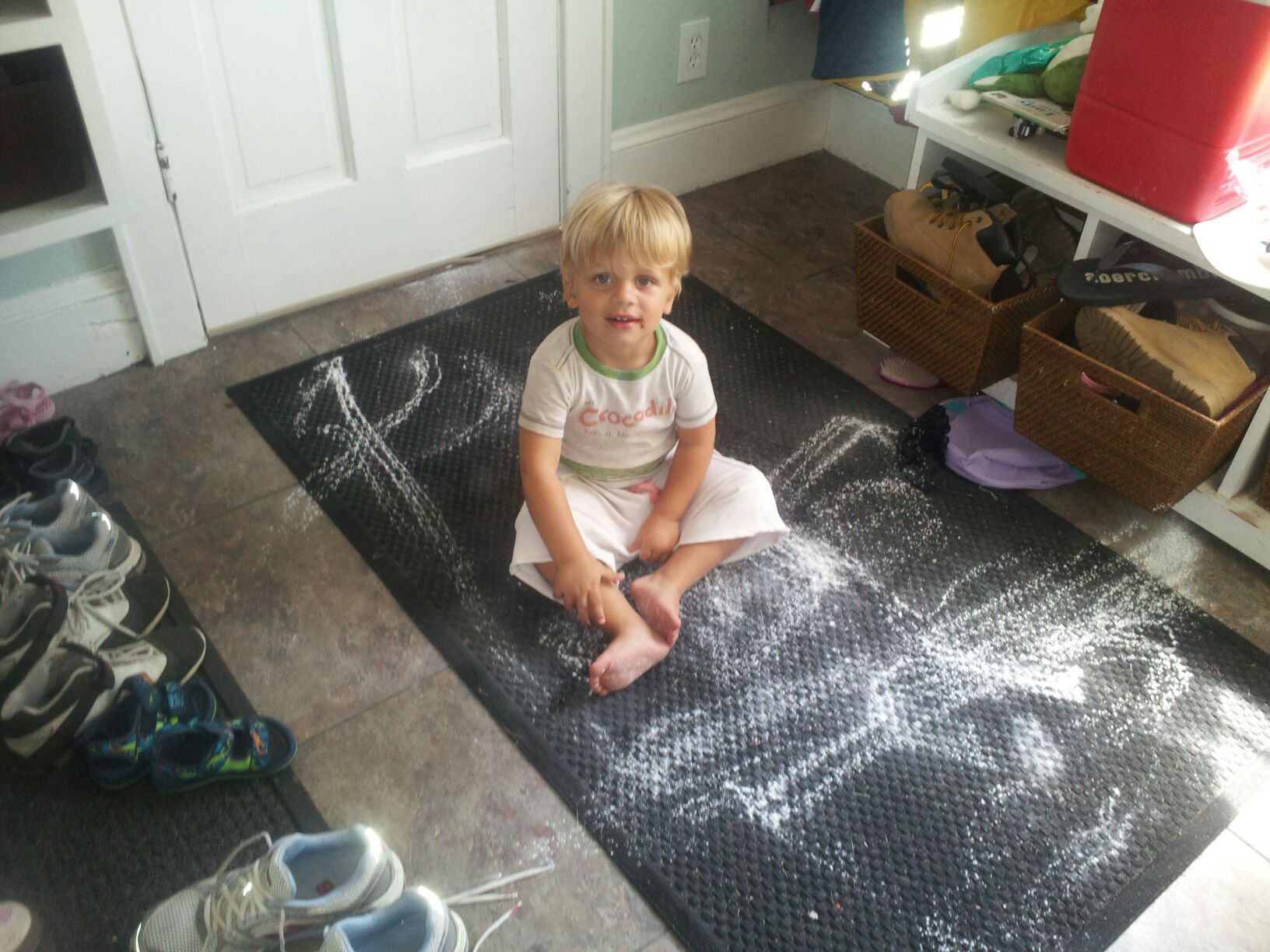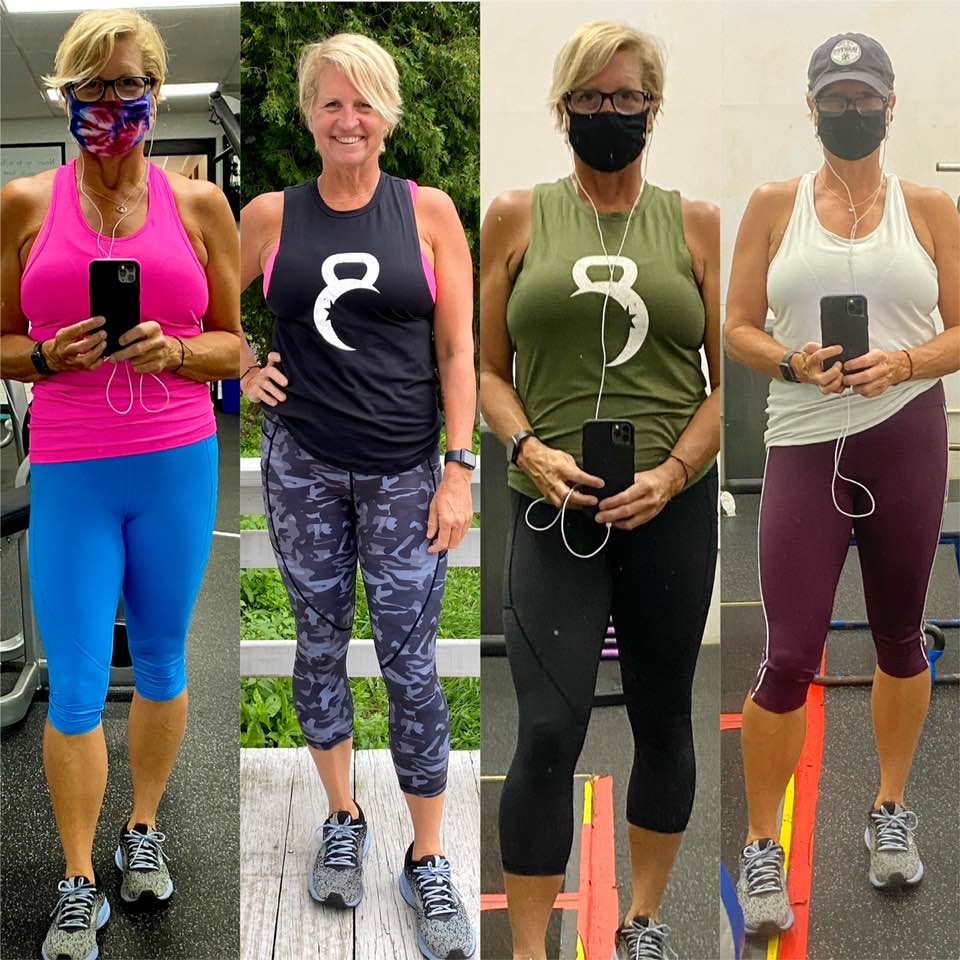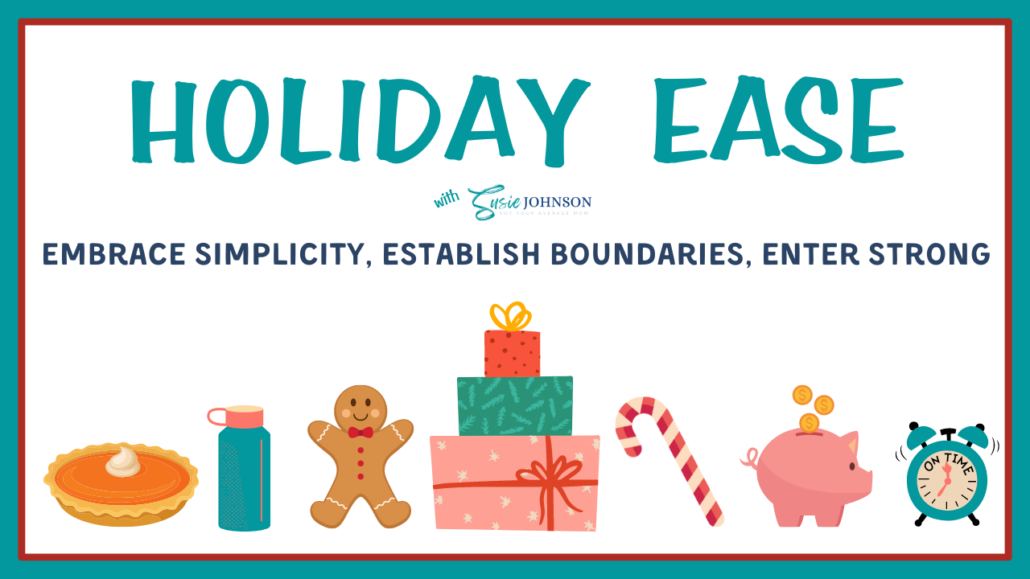
One of the biggest lessons I have learned as a Positive Discipline educator is that belonging and significance are the primary goals of children.
One of the biggest lessons I have learned as a parent is that I am not connecting with my children as much as I would like to in order to create that feeling of belonging, and I do not provide as many opportunities for contribution (which lead to that feeling of significance) as I would like to.
In the midst of the school year and sports and band and after school activities and homework, those opportunities for connection seem to be harder and harder for me to take advantage of.
How many times have we as parents complained about our kids’ willingness (or total lack of it) to help out around the house and contribute?
I know I do it all the time. And the thing I so easily forget is that the more connection I have with my kids, the more I will motivate and inspire them to willingly contribute and help out.
When is it hardest for me to connect with my kids?
When they piss me off.
Oh boy, is it so easy to launch directly into attack mode when they are doing stuff they shouldn’t be doing. Or when they aren’t doing stuff they know they should be doing.
Creating a connection before we correct our kids allows them to feel a sense of belonging and significance even when they’ve messed up.
The the next time your daughter breaks something in the house when she was doing something you told her not to do a million times before, or the next time your son takes your $20 lipstick and smears it all over the bathroom, here are six strategies your can employ to make sure your children know that no matter what they’ve done, above all, you love them.
Let’s use a very basic example:
Your son lost his water bottle. It’s his favorite water bottle. He comes home from school, realizes he doesn’t have it, and has a meltdown. You, on the other hand, are angry. Your son is constantly losing things, and this is the proverbial straw that broke the camel’s back. You are about to lose it.
1. Get to eye level with your kid.
Being on the same physical level as your child makes him feel safer, and it also allows you to make a better connection with him.
2. Listen first, talk last. (That one is so hard for me!)
It is easy for us to just tear into our kids. But usually they have tuned us out after the first few seconds.
Let your child have the first word.
You lost your water bottle? What happened?
3. Validate your child’s feelings without rescuing or fixing.
I know it’s a bummer to lose your favorite water bottle. I’d be mad/sad/upset, too if I lost mine.
4. Be supportive when allowing your kids to experience the consequences of their choices (but don’t impose consequences on them).
If you lost your water bottle, nobody would take your iPhone away from you or send you to your room. And if they did, would that help you to keep track of your water bottle? It wouldn’t help me! It would just make me super mad at the person taking my phone away.
I have time this weekend to take you to the store if you want to buy yourself another one.
5. Let your kid (and yourself) cool off. Then focus on solutions.
Nobody can communicate effectively when they are upset. When my kids lose their stuff I don’t want to punish them and make them feel bad. They already feel bad. What I really want is for my kids to be responsible and not lose their stuff.
That requires a solution.
Now that we are both calm, what can we do to help you keep track of your things? Let’s make a list of things we can do that will help you.
6. HUGS. Yes, even when your kids mess up. Especially when your kids mess up.
When my husband and I have an argument or when I mess up, what I want most is to be reminded that although there is an issue to be addressed, he still loves me!
Our kids want the same thing.
Your child may not be ready for a hug if he/she is still upset. So I phrase it this way:
I could really use a hug. I’ll be in my room/the kitchen/the playroom/wherever when you are ready for one.
This reminds your kids that above all, no matter what, you love them. And that no mess up on their part will change that. They need to be reassured of this!
These are not the only ways you can connect before you correct, but remembering these six things will allow that message of love to get through first, even when what you really want to do is yell, scream, or just lock yourself in the bathroom.




I can’t even get mad at my kids when they mess up. My mother gave me the “Mothers Curse.” I think she did it a few times just to get back at me. If she were alive, I would apologize to her. I am the reason she had no more children. She told me that when I was an adult.
#3 I use the “ok, so what do you think you could/should do about X?” (or “what could you have done differently that would have changed the outcome?”)
#4 is great. I call it “natural consequences” (and thus I don’t NEED to impose any type of sanction)
I told you this before but I don’t yell. My mother yelled at us all.the.time and I vowed when I was in about 3rd or 4th grade that I would never ever yell at my kids. I kept that promise to myself. It accomplishes nothing other than scaring the shit out of little kids.
I agree about the yelling 100%. It either scares the kids or they get so used to it, they just tune you out.
Kids are capable of understanding so much more than we give them credit for. When they break something they feel bad enough without being yelled at as well. However I think a child can be given the opportunity to right a wrong that they did. They can certainly be asked to clean up a mess that they made, or if they have pocket money, they can pay something to help with replacement of an item. You may be footing most of the bill but they will have learned that actions have consequences.